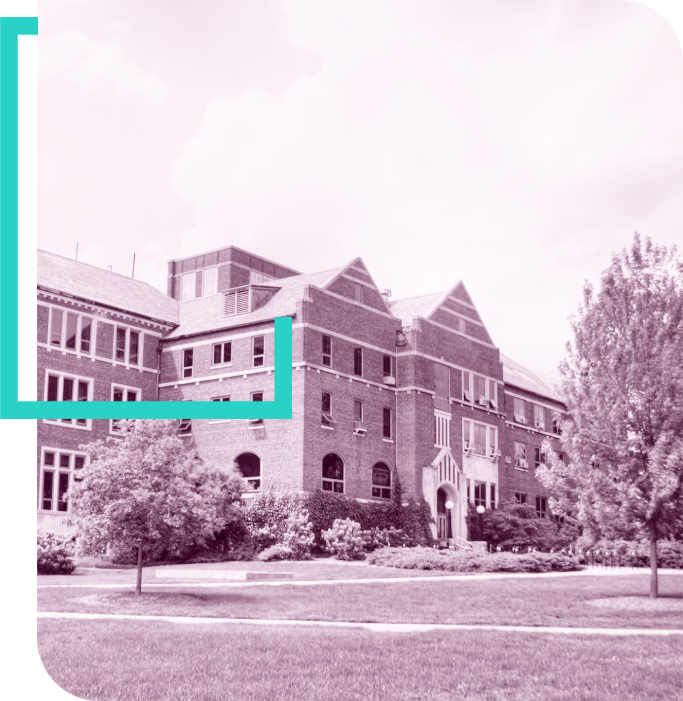Your Guide to LSAT Prep in
MICHIGAN STATE UNIVERSITY
Michigan State University offers a wealth of academic resources to help students prepare for the LSAT. The university’s commitment to excellence and its well-regarded programs provide a solid foundation for students looking to pursue a legal education. Whether you’re studying on the main campus or utilizing nearby libraries and study spaces, MSU offers an excellent environment to build your LSAT skills.
Overview of the LSAT
The LSAT is a standardized test used as part of the law school admission process in the United States and Canada. It measures reading comprehension and logical reasoning skills. The test is typically administered eight times a year at various locations worldwide.
The LSAT has been described as one of the most difficult tests an individual can take. It is administered in two parts. The first part includes three scored sections: two Logical Reasoning sections and one Reading Comprehension section, along with an unscored experimental section, which may be either Logical Reasoning or Reading Comprehension. This experimental section helps test-makers assess potential questions for future exams and does not affect your score.
The second part of the LSAT is an unscored argumentative writing essay, which is taken separately online. This essay can be completed as early as eight days before your LSAT test day and up to a year afterward.
The LSAT is scored on a scale of 120-180, with the average score being 152. Therefore, a score of 170 or above is considered an elite score, and a score of 180 is the highest possible score.
Requirements, Scores, etc.
You do not need a degree in a particular field to take the LSAT, and while most applicants have a bachelor’s degree, there is no formal requirement to have completed one to register for the test. However, law schools typically require a bachelor’s degree for admission.
The LSAT is now offered multiple times throughout the year, with flexible scheduling options. Candidates can choose to take the exam either at a Prometric testing center or online with a live remote proctor. Registration deadlines are usually around a month before the test date.
The LSAT score is valid for five years. If you retake the LSAT, law schools will generally see all your scores from the past five years. Some schools use your highest score, while others might consider an average or your most recent score, depending on their individual policies.
Nearby Law Schools
Several prestigious law schools are located near Michigan State University, providing exceptional opportunities for legal education, including:
- Michigan State University College of Law (East Lansing, MI)
- Wayne State University Law School (Detroit, MI)
- University of Michigan Law School (Ann Arbor, MI)
- Chicago-Kent College of Law (Chicago, IL)
Why Lansing is Great for LSAT Prep
Lansing is an ideal city for focused LSAT prep. It offers access to libraries, co-working spaces, and nearby legal organizations that support your studies. As Michigan’s state capital, Lansing provides many professional and academic opportunities, making it a perfect environment for law school preparation.
Notable Landmarks and Activities in Lansing
- Michigan State Capitol – A peaceful and inspiring place for reflection.
- Potter Park Zoo – A relaxing spot to take a break and refresh your mind.
- Lansing City Market – A local venue for relaxation and a snack between study sessions.
- Hawk Island Park – A quiet park where you can unwind and enjoy nature during your LSAT prep journey.
These locations offer a mix of relaxation and study-friendly environments to recharge and stay focused.
Get Ready for the LSAT in Lansing
The city offers a range of LSAT prep resources, from online courses to tutoring. With the right preparation, you’ll be well on your way to achieving the score needed for your law school applications. Whether you’re attending MSU or another nearby institution, Lansing’s resources can help you succeed in the LSAT and in your legal education.
















